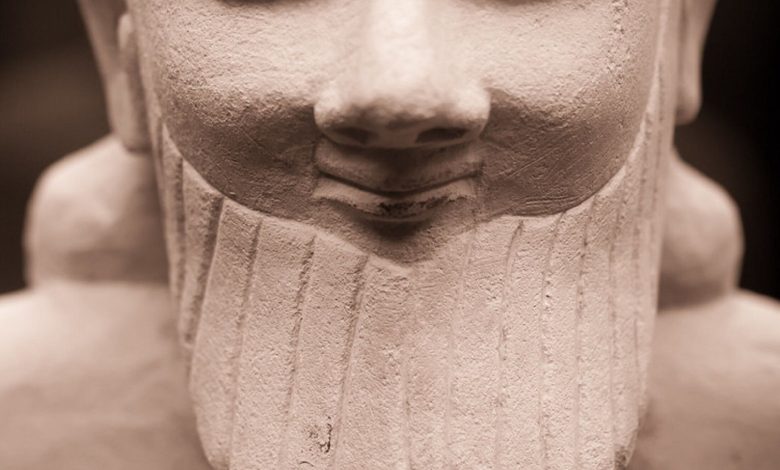Introduction And History of Cyprus: Unveiling Ancient Secrets

Introduction to Cyprus
Cyprus is a beautiful island in the Eastern Mediterranean. It is the third largest island in the Mediterranean Sea. The island is famous for its rich history and beautiful landscapes. Cyprus has a warm climate and friendly people.
The capital city of Cyprus is Nicosia. The island is divided into two main parts. The Republic of Cyprus controls the southern part. The northern part is the Turkish Republic of Northern Cyprus. Both parts have unique cultures and traditions.
Geography of Cyprus
Cyprus is located south of Turkey and west of Syria and Lebanon. The island covers an area of 9,251 square kilometers. The Troodos Mountains are in the central part of the island. The highest peak is Mount Olympus, which is 1,952 meters tall.
| Feature | Details |
|---|---|
| Area | 9,251 square kilometers |
| Highest Peak | Mount Olympus (1,952 meters) |
Early History of Cyprus
The history of Cyprus dates back to ancient times. The first human settlers arrived around 10,000 BC. These early settlers lived in small villages and used simple tools.
Neolithic Period
During the Neolithic period, people began farming. They grew crops like wheat and barley. They also raised animals like sheep and goats. The people lived in houses made of mud-brick and stone.
Bronze Age
The Bronze Age began around 2500 BC. People started using bronze tools and weapons. They also built larger and more complex settlements. Trade with other civilizations, like Egypt and Greece, became important.
Classical and Hellenistic Periods
Cyprus became an important center of trade and culture during the Classical and Hellenistic periods. Many Greek settlers arrived on the island. They brought their language, art, and religion with them.
Persian Rule
In 525 BC, the Persians conquered Cyprus. They ruled the island for over 200 years. The Persians allowed local kings to govern their cities.
Alexander The Great
In 333 BC, Alexander the Great defeated the Persians. Cyprus became part of his vast empire. After his death, the island was ruled by the Ptolemaic dynasty from Egypt.

Credit: www.researchgate.net
Roman and Byzantine Periods
In 58 BC, Cyprus became a part of the Roman Empire. The Romans built many roads, aqueducts, and buildings on the island. Christianity spread to Cyprus during this time.
Byzantine Rule
After the fall of the Roman Empire, Cyprus became part of the Byzantine Empire. The Byzantine period lasted for several centuries. Many beautiful churches and monasteries were built during this time.
Medieval and Ottoman Periods
In 1191, Richard the Lionheart of England captured Cyprus during the Crusades. He sold the island to the Knights Templar. Later, it became part of the Kingdom of Cyprus, ruled by the Lusignan dynasty.
Venetian Rule
In 1489, the Republic of Venice took control of Cyprus. The Venetians built strong fortresses to protect the island from invaders.
Ottoman Rule
In 1571, the Ottoman Empire conquered Cyprus. The Ottomans ruled the island for over 300 years. They introduced new customs, architecture, and cuisine.
Modern History of Cyprus
In 1878, the British Empire took control of Cyprus. The island remained a British colony until 1960. During this time, many modern improvements were made.
Independence
In 1960, Cyprus gained independence. The Republic of Cyprus was established. Archbishop Makarios III became the first president.
Division Of Cyprus
In 1974, a conflict led to the division of Cyprus. Turkish forces occupied the northern part of the island. The southern part remained under the control of the Republic of Cyprus.

Credit: www.amazon.com
Culture and Traditions of Cyprus
Cyprus has a rich and diverse culture. The island’s history has influenced its traditions, food, and art.
Language
Greek and Turkish are the official languages of Cyprus. English is also widely spoken.
Food
Cypriot cuisine is delicious and varied. Popular dishes include souvlaki, halloumi cheese, and baklava.
Festivals
Cyprus hosts many festivals throughout the year. These include religious celebrations, music festivals, and cultural events.
Frequently Asked Questions
What Is The Origin Of Cyprus?
Cyprus has ancient origins, dating back to the Neolithic age.
Who Were The First Settlers In Cyprus?
The first settlers were Mycenaean Greeks around 1400 BC.
What Empires Ruled Cyprus?
Cyprus was ruled by Assyrians, Egyptians, Persians, Romans, Byzantines, and Ottomans.
When Did Cyprus Gain Independence?
Cyprus gained independence from British rule in 1960.
Conclusion
Cyprus is a fascinating island with a rich history. Its beautiful landscapes, warm climate, and friendly people make it a great place to visit. The island’s diverse culture and traditions are a testament to its long and storied past.




